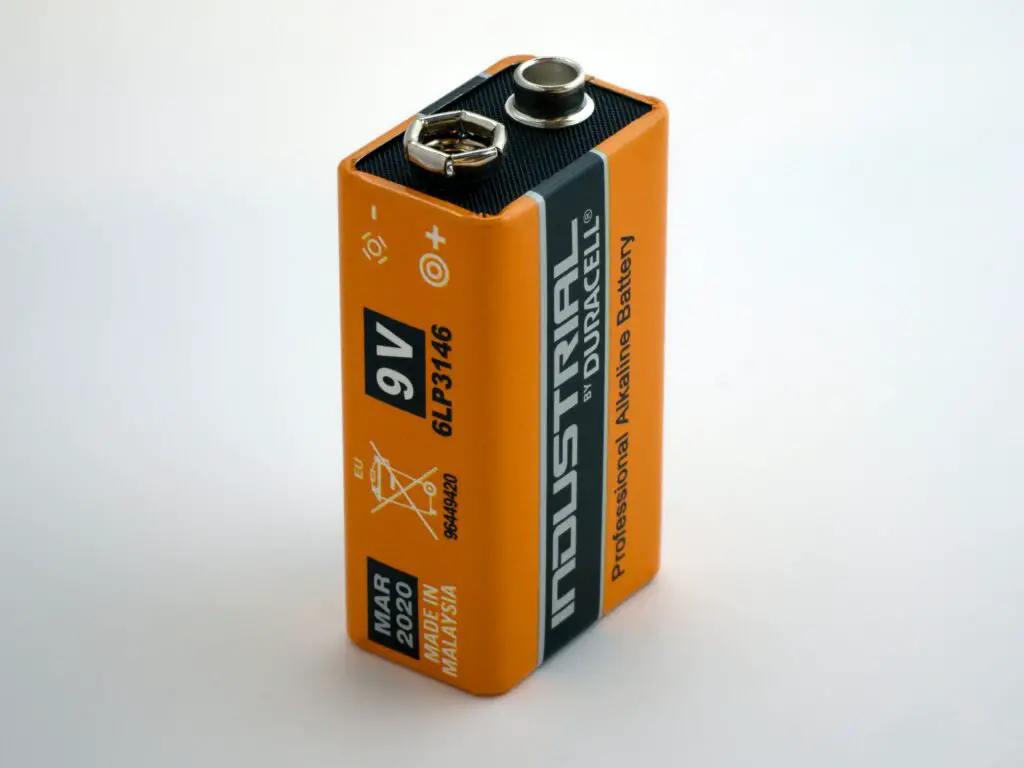Most hardwired smoke alarms have a backup battery installed in case of power outages or if the wiring connection is interrupted. However, if the backup battery is removed or dies, the alarm may still beep to indicate that the battery needs to be replaced.

The beeping sound in a smoke alarm is typically generated by a small electronic device known as a piezoelectric transducer. This device produces a high-pitched sound when an electrical signal is applied to it, and it is used to alert occupants of a building to the presence of smoke or fire.
If the battery in a hardwired smoke alarm dies, the piezoelectric transducer may continue to beep at regular intervals to indicate that the battery needs to be replaced. The frequency of the beeping sound may vary depending on the model of the smoke alarm, but it is usually a high-pitched tone that repeats every few seconds.
It’s important to note that the beeping sound produced by a hardwired smoke alarm without a functioning backup battery is not the same as the loud, continuous alarm that would sound in the event of a fire. In other words, if the smoke alarm is beeping but there is no smoke or fire present, it is likely an indication that the battery needs to be replaced or that there is a problem with the electrical connection.
If you experience beeping from your hardwired smoke alarm, there are a few steps you can take to troubleshoot the issue. First, check the battery compartment and replace the battery if necessary. If the battery is not the issue, check the wiring connections to make sure that they are secure and properly installed. If you are unsure how to check the wiring, it may be best to consult a professional electrician to ensure that the smoke alarm is properly installed and functioning.
It’s also important to note that some hardwired smoke alarms may be interconnected, meaning that they are connected to each other through the electrical wiring in the building. In this case, if one smoke alarm detects smoke or fire, all of the interconnected alarms will sound an alarm. If the beeping sound you are hearing is coming from an interconnected smoke alarm, it may be an indication that there is a problem with another smoke alarm in the building.
In conclusion, a hardwired smoke alarm may beep without a backup battery if the battery is removed or dies. The beeping sound is usually an indication that the battery needs to be replaced, but it is important to ensure that the electrical connection is secure and that the smoke alarm is properly installed. If you are experiencing beeping from your smoke alarm and are unsure how to troubleshoot the issue, it may be best to consult a professional electrician for assistance.
It’s worth noting that while hardwired smoke alarms are typically more reliable than battery-powered models, they can still experience problems if they are not properly maintained or if they become outdated. The National Fire Protection Association recommends replacing smoke alarms every 10 years, as the sensors and other components can become less effective over time.
In addition to regular replacement, it’s important to test your smoke alarms regularly to ensure that they are functioning properly. Most smoke alarms have a test button that you can press to activate the alarm and verify that the battery and sensor are working correctly. It is recommended to test your smoke alarms once a month.
